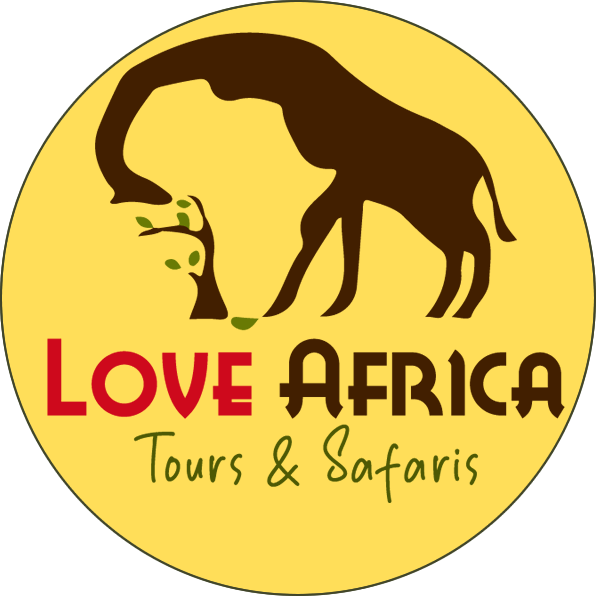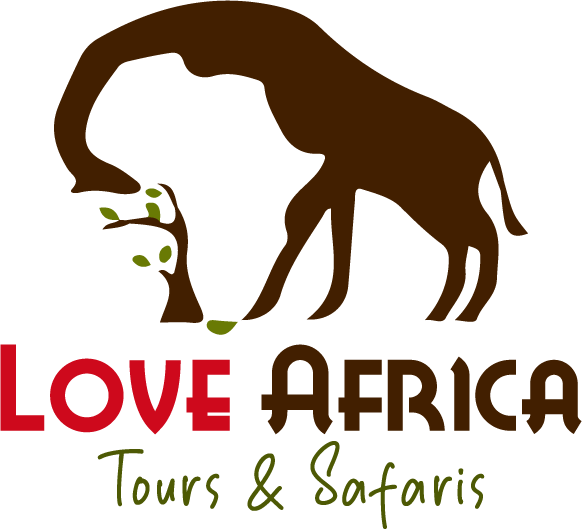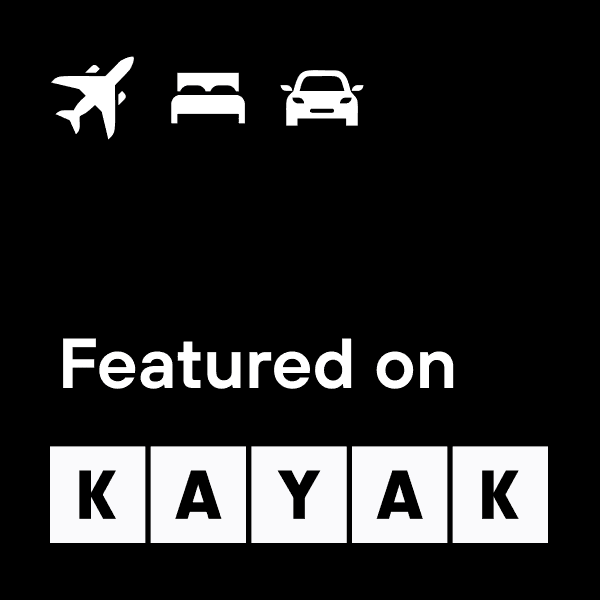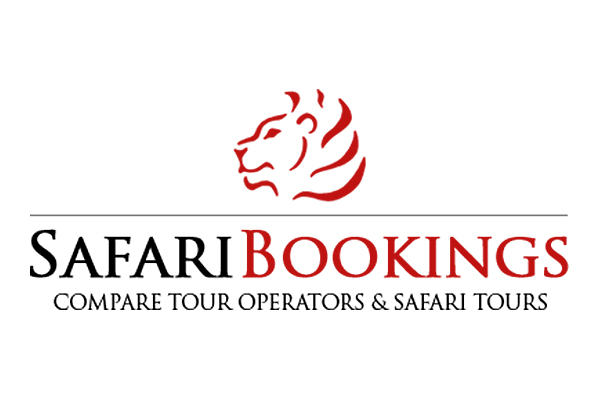Preserving a Natural Wonder
Nestled in the heart of Tanzania, the Serengeti National Park is a true gem of Africa. With its vast savannahs, diverse wildlife, and stunning landscapes, it is no wonder that the Serengeti has captured the hearts of millions around the world. However, the preservation of this natural wonder has been a constant battle between conservationists and development efforts.
For decades, the Serengeti has been at the center of a fierce debate over its ownership and management. The park, which covers an area of over 14,750 square kilometers, is home to some of the most iconic species on the planet, including lions, elephants, and zebras. Its unique ecosystem, which includes the annual wildebeest migration, is a critical part of the region’s biodiversity.
The Battle for Conservation
The ownership of the Serengeti National Park has been a contentious issue since its establishment in 1951. The park was initially set up by the British colonial government to protect the wildlife in the area, but over the years, various stakeholders have laid claim to the land for different purposes.
One of the key players in the battle for conservation is the Maasai people, who have lived in the Serengeti for centuries. The Maasai have traditionally been nomadic herders, relying on the land for their livelihood. However, as the park has grown in popularity, their access to grazing land has been restricted, leading to conflicts with conservation authorities.
Another major player in the ownership debate is the Tanzanian government, which has faced pressure from developers and investors looking to exploit the park’s resources for economic gain. Mining, agriculture, and tourism have all been proposed as ways to generate revenue from the Serengeti, but at the cost of its natural beauty and ecological balance.
Despite these challenges, there have been significant victories for conservation efforts in the Serengeti. In 2010, plans to build a highway through the park were scrapped following widespread protests and international pressure. The proposed road would have disrupted the migration patterns of wildlife and damaged the fragile ecosystem of the Serengeti.
Today, the Serengeti National Park is a UNESCO World Heritage Site, recognized for its outstanding universal value. It is managed by the Tanzania National Parks Authority, which works with local communities and international partners to ensure the long-term protection of the park and its wildlife.
In conclusion, the ownership of the Serengeti National Park remains a complex and ongoing issue, with competing interests at play. However, the importance of preserving this natural wonder for future generations cannot be overstated. By working together to find a balance between conservation and development, we can ensure that the Serengeti remains a symbol of Africa’s untamed legacy for years to come.





